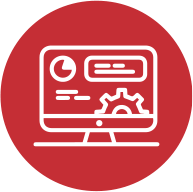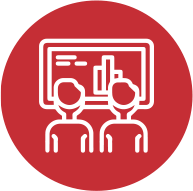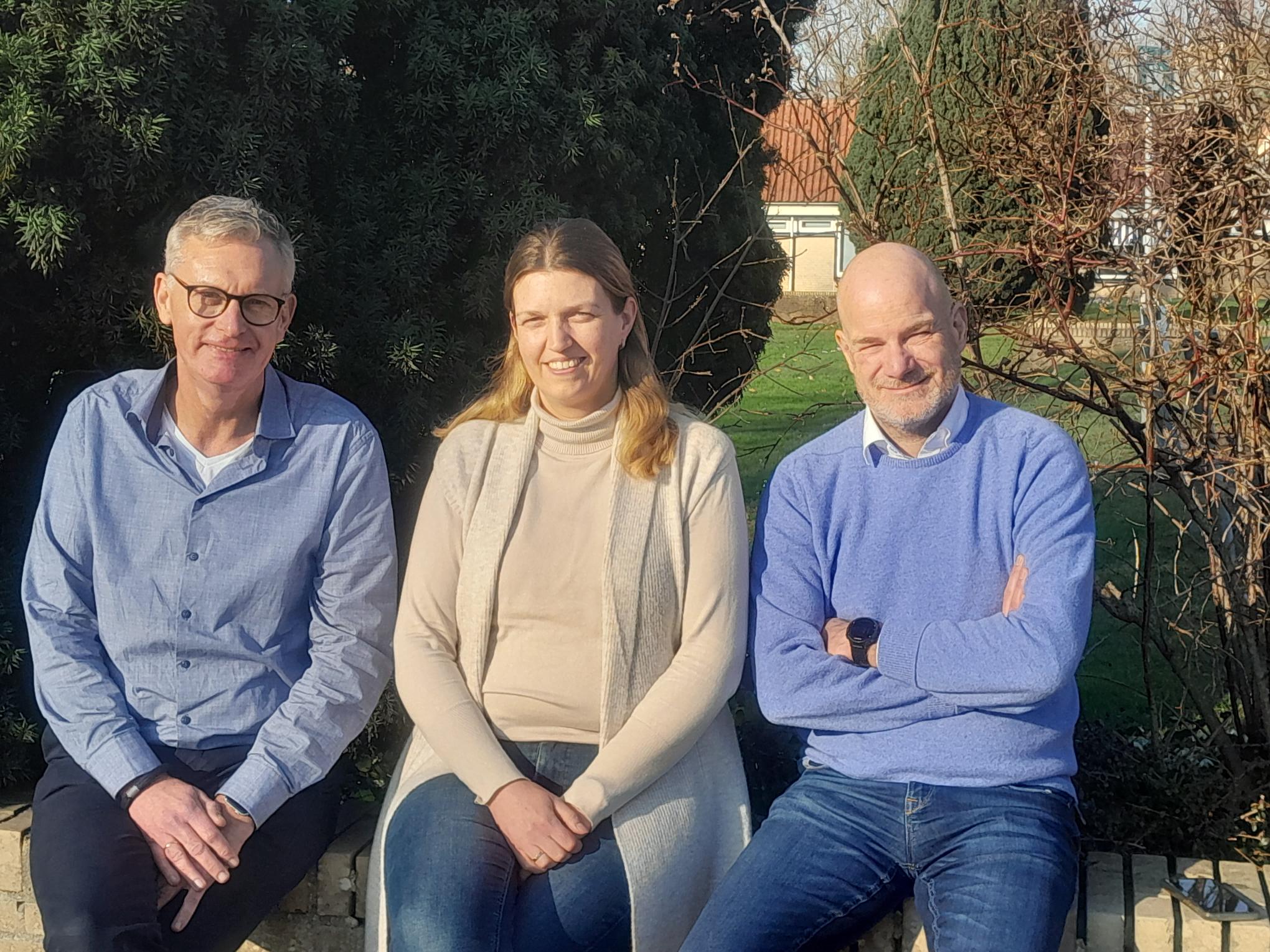Administrative relief through deployment of software robots
Case study: the SSC Espria RPA expertise center

8000+ client files closed

170,000+ invoices checked

6,700+ VOGs requested
Espria’s 16,000 healthcare professionals are able to do their jobs thanks to supportive administrative processes. To reduce the time employees spend on administrative tasks, the healthcare institution uses Robotic Process Automation (RPA). Therefore, together with Tacstone Technology, an SSC Espria RPA expertise center has been set up, which can provide all subsidiaries with digital employees who help people with tasks such as processing invoices and applying for VOGs.
Staff shortage calls for deployment of new technology
The core task of the Shared Service Center (SSC) at Espria is to improve supporting business processes. In this period of staff shortages, the SSC has therefore been looking for technology that ensures that people spend less time on these processes, while at the same time guaranteeing quality.
“As early as five years ago, we started thinking about the usefulness of RPA, starting with the financial processes. In six weeks, we then built a test robot that worked well. We wanted to move forward with that.”
Patrick van Oosten | Project Manager

Automating repetitive work with RPA
By deploying RPA, processes become more reliable because robots make fewer mistakes, AND it saves time. This means that healthcare professionals have more time for other work.
In financial administration, for example, the robot processes six thousand email messages in a month, which is about three hundred a day. In terms of time, this robot has saved a full fte of hours in just over a year. Moreover, Espria can easily scale up: the number of incoming messages is constantly increasing, while not adding more employees.
“The common thread in our work as an SSC is improving processes, or getting rid of things that are not going well. I see robotization as a great opportunity in a period of scarcity to ensure that parts of processes no longer need to be done by humans. RPA makes processes more reliable because fewer mistakes are made, AND it saves time. This means that people can pick up other tasks, because we have more work than people.”
Anke Landstra| Manager of Information Provision

Automation is not just about saving time
In HR, applying for a VOG runs much more efficiently. That was a time-consuming and sometimes frustrating process for humans, but a robot does not suffer from that. The robot just keeps going, even if, for example, it is not immediately possible to log in to the VOG issuer.
On a project where thousands of records had to be changed in the system, five extra temps would have to be hired for a few weeks. Now a robot took care of that in a few days -and nights, because it just keeps working.
“In the finance department, where people first encountered robots, employees have literally said that they love that they don’t have to do certain tasks anymore thanks to that robot.”
Koert de Vries | Manager of Financial Administration

Towards administrative unburdening
Anke Landstra, Manager Information Provision, says: “I still see a lot of potential for robots in our organization. My vision for the future is that every healthcare organization will have at least one robot running that makes various processes run more efficiently. For healthcare as a sector, the value of robots is in relieving the burden of administration. In addition, quality control is very important in healthcare, and robots can play an important role there as well.”
The solution running at Espria can also provide benefits for many other organizations in the healthcare sector, which, after all, face the same challenges.
Project manager Patrick van Oosten concludes, “The value of RPA in the healthcare process is mainly that you take out repetitive work that takes a lot of time. Then people can do the work they are trained for. Most of the work we robotize does need to be done, but it’s repetitive tasks that you’d rather not have professionals spend time on.”
About Espria
As a network of healthcare organizations, Espria is active in many branches of care and is supported by healthcare technology. In various regions of the Netherlands, they are committed to the health of people. Among themselves and with others, Espria’s employees look for connections to see where people’s quality of life can be improved and how Espria can distinguish itself as an employer. Care organizations that are part of Espria include Evean, GGZ Drenthe, Icare Verpleging & Verzorging, Icare Jeugdgezondheidszorg, Icare Thuisbegeleiding, De Trans, Zorgcentrale Noord and Zorggroep Meander.
Would you like to join Espria in getting acquainted with this new technology? And discover what benefits it offers your organization? Then contact us for a no-obligation introduction and/or demo.


